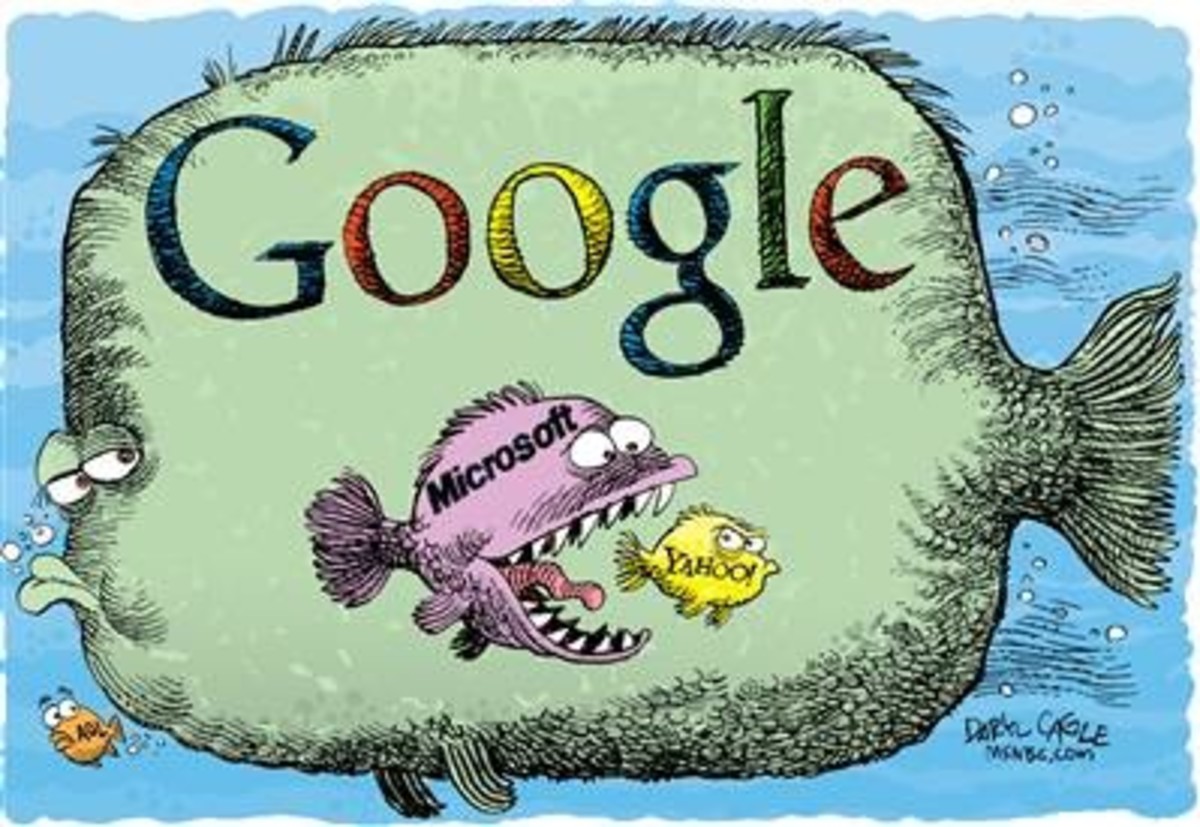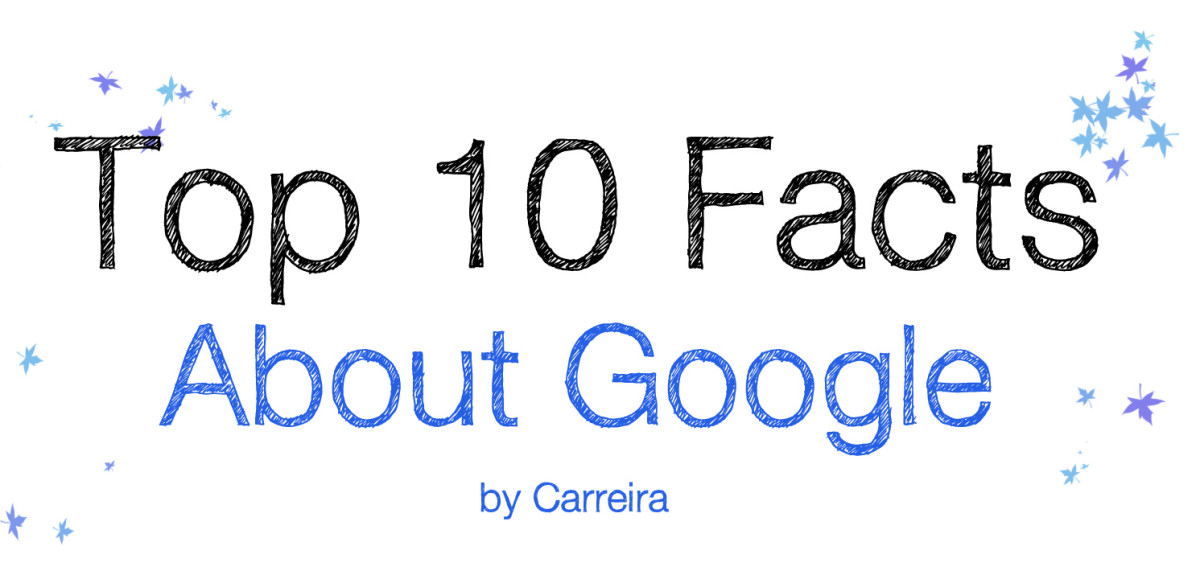- HubPages»
- Technology»
- Internet & the Web»
- Search Engines
Google Penguin: Understanding The Changes to Search Engine Optimisation
Many of us know about Google and how they introduce new algorithms to improve their search engine service as a whole, and give their users a better experience in terms of finding the content they want efficiently. Due to the fact that there are billions of webpages on the Internet, Google couldn't possibly search through every single webpage to monitor if they give a good service or not, so they use bots which analyse the websites and report feedback based on the site. How these bots actually register whether a site is giving valuable content and information to their users, is effected by Google's algorithm such as code name Penguin.
This is great as for the people who try to abuse the Google Search engines for their own personal gain, if their website is notified as not being relevant to what it proclaims to be, it will be 'de-ranked' on the search engine, meaning that they will be less noticeable when people are searching. This results in them being put away in one corner, whilst the valuable webpages shine out offering people the information they need.
Google Penguin Algorithm Update.

Google's Algorithm Code Name Penguin.
So what is Google Penguin specifically? Google Penguin is a code name for Google's new update to their algorithm, which was first made publicised on the 24th of April 2012. Whilst the update is primarily focussed on de-ranking websites which abuse their 'Webmaster Guidelines' by using methods such as 'keyword stuffing' and deliberately creating 'duplicate content', it will inevitably affect websites which don't necessarily 'purposefully' abuse their terms.
For instance, if you have a website which is based on allowing users to post content for money and such, if even one of your users decides to copy and paste duplicate content into their posts, you would be penalised by Google's algorithm. Therefore, less people will be able to find your website amongst the masses of competition, and in an overall aspect your search engine ranking goes down dramatically.
For All Your Website and SEO Needs...
- WSI TIME - The Internet Marketing Engine
WSI specializes in web development and Internet marketing. Voted #1 Internet marketing firm and winner of numerous design and search engine optimization awards.
Becoming Friends With Google Penguin.
So what can you change within your own website to make it 'friends' with Google Penguin? Unlike Google Panda, which was based on improving the human user experience of websites, Google Penguin is based on removing duplicate content and removing content from websites which abuses their Webmaster tools. Therefore, your best bet is to read Google's FAQs on their Webmaster tools, to make sure that your websites comply with what they are looking for.
Then, you need to either do a manual check or find a program which can automatically check your website for any duplicate content. Not only will this mean that anyone visiting your website will have a much better experience, but also it means that Google Penguin will favour your site in terms of ranking. Another thing you can do is visit a great website called WSItime, which will show you great ways to improve your websites, and how you can make your online businesses more profitable through techniques of internet marketing,
A Great Video On Google Penguin!
Thanks to douglaslampi for this great video on Google Penguin!








